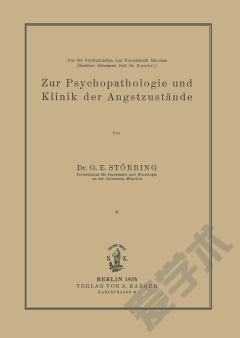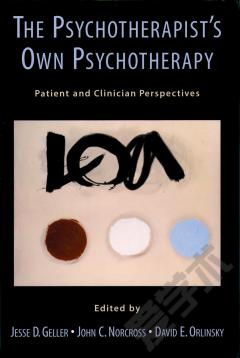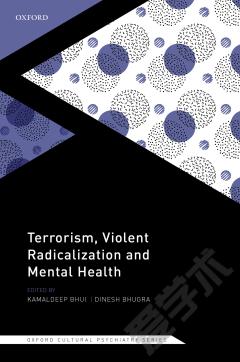Therapy after Terror: 9/11, Psychotherapists, and Mental Health
Therapy After Terror examines the 2001 World Trade Center attack from the perspectives of New York City mental health professionals who treated the psychologically wounded following the attack. Therapists discuss the attack's effects on their patients, its personal and professional consequences for them, and the ways it challenged fundamental aspects of clinical theory and practice. The book describes crisis mental health services that were established after the attack, as well as longer-term treatments. It also examines notions of trauma, diagnostic procedures, and the politics of psychological treatment. Seeley uses her unique interdisciplinary background as she provides a detailed study of the post-9/11 mental health crisis, including depictions of the restricted 'hot spots' such as the Lexington Avenue Armory, Family Assistance Centers, and Respite Centers at Ground Zero, where mental health workers delivered aid.
{{comment.content}}








 京公网安备 11010802027623号
京公网安备 11010802027623号